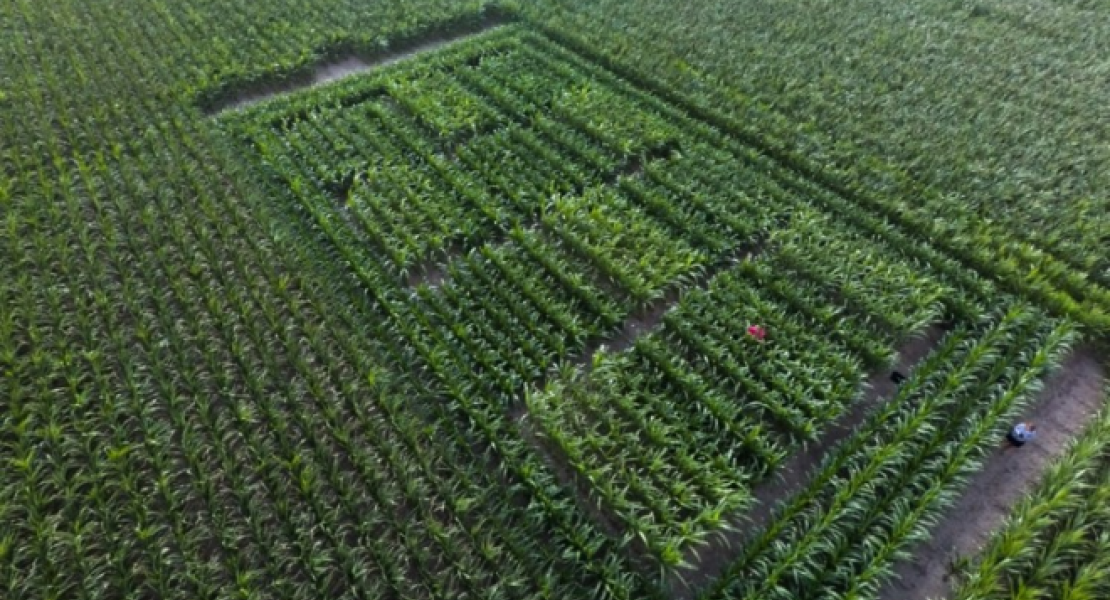VIB has submitted an application for a new field trial with genetically modified maize. The maize has been improved by additionally expressing a growth factor called "AN3" in the plants. This growth factor activates genes that are involved in the growth of the plant. As a result of the change, important plant organs such as the leaves become larger and therefore more plant biomass is formed. The maize was produced as part of ongoing research into the growth and development of plants at the VIB-UGent Center for Plant Systems Biology.
The AN-3 gene that is extra expressed in the plants ensures that cell division continues for a longer period. Not only do the leaves of the plants grow larger in general, more overall plant biomass is also formed. Such a trait fits in the endeavor to achieve the most efficient plant production on the smallest possible area. In addition, research in the greenhouse has indicated that the plants will continue to grow better in the event of drought. With that, the plants would likely be better adapted to the threat of global warming.
So far, the plants have only been studied in the greenhouse. However, the conditions in a greenhouse are different than in the field, for example there are no changing weather conditions, only a limited number of plants can grow, and it is difficult to collect reliable data on the yield of the cob. For that reason, a larger number of plants is now being tested in field conditions.
The modification technique used
The plants are made with the classical techniques of genetic modification where a bit of extra DNA has been added to the plants. In addition to the AN3 gene derived from maize, also DNA of non-maize origin was introduced. This includes a transcription promoter - the switch that determines where and when a gene is expressed - from a short-stalked grass. In addition, a so-called selection marker gene is present in the plants. The use of a selection marker gene ensures that only cells that have taken up the extra DNA grow back into a plant, which facilitates the modification process.
Prevent spread
Because it is an experimental field trial, the spread of the modified properties will be prevented by cutting off the male flowers - the tassels - and by carefully harvesting all seeds manually.
Cooperation with ILVO
The permit has been requested by VIB, but in practice the trial is being carried out in collaboration with ILVO, and if the application is approved, the trial will be conducted on the ILVO site in Wetteren.
Public viewing
The permit application can be consulted publicly from 14 January 2020 to 13 February 2020 via the website of the Federal Public Service Health and, during that period, it is also available for inspection at the town hall in Wetteren.
- Log in to post comments
